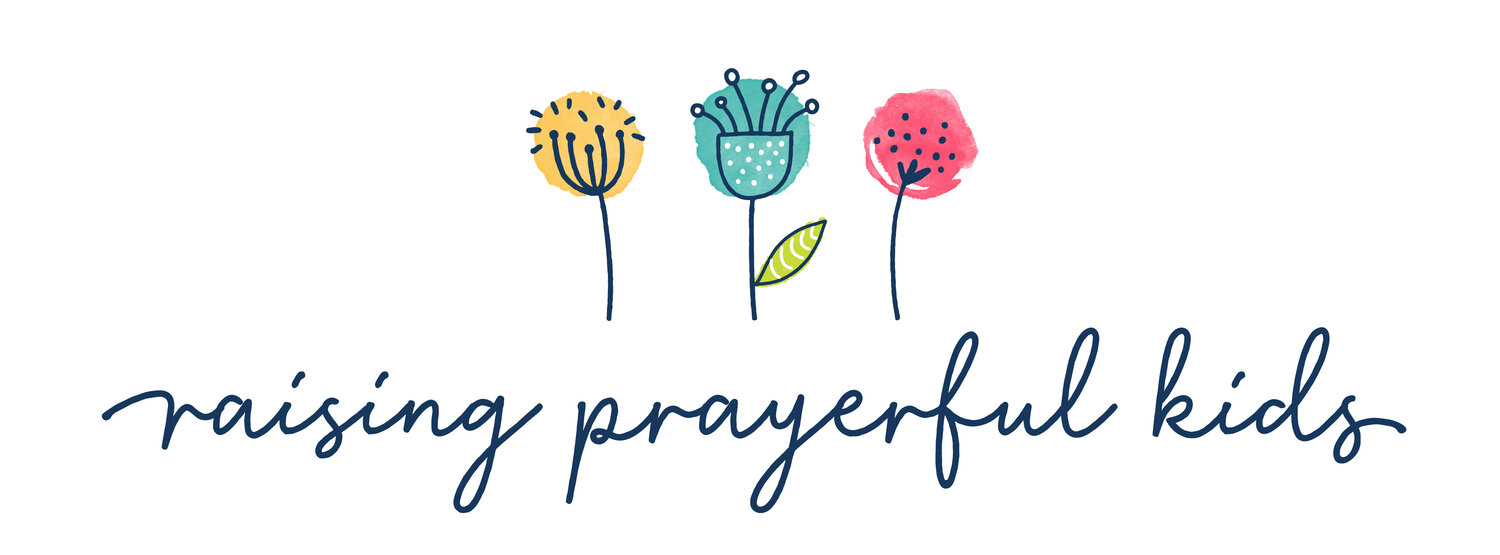Parenting Scripts for Building Empathy
All month long, we are praying for our kids to be empathetic. Of course, the most important way to build empathy in our children is to model empathy ourselves. But this can be so hard when our kids are tantruming, yelling, whining, etc.
I often find myself saying codependent or unhealthy things to my kids when I’m not prepared. Things like, “That makes me really sad. You hurt my feelings!” or “What were you thinking. Why would you do that?” We want to provide some scripts of ways that we can respond in a healthy way when we go through difficult times with our kids.
These phrases will help us react calmly and kindly while also modeling empathy for our kids.
Model Empathy When Your Child is Upset
Empathy is the ability to put yourself in someone else’s shoes and to respond with genuine concern and care.
When your kids are melting down and it feels like all peace has been sucked out of your home, instead of saying, “Stop being mean!” “You are making everyone sad/stressed!” “You are hurting my feelings…”
These statements make kids feel ashamed and feel as though things are out of control.
Try saying something like this:
“It looks like you are really upset. Let’s see if we can figure out what’s bothering you. I’m here with you.”
Thank your child for sharing his/her emotions and feelings with you. This reminds your child that you are always a safe space for them to go to no matter what. Thanking them for sharing with you is the exact opposite of saying something like, “Go away! And don’t come back until you calm down!” (Which is my natural instinct sometimes!) It’s perfectly okay to give your child some space or to take a break yourself to calm down, however. Start by thanking them for sharing and finding a way to empathize: “I’ve felt that way too.” This reminds your child that he or she is normal and that their feelings are valid. Have this line handy and ready to pull out when meltdowns occur:
“Thank you for sharing that with me. I’ve felt that way too.”
This kind of response models empathy because you are showing your child just how much you care. You are showing them that you care and that you two are a team. Later on when the child is calm, you can talk through the scenario and help them come up with better ways to express big feelings and emotions.
Praise Empathy
Steph’s Story:
My oldest son, Calvin, was born an empathetic soul. It’s a gift that God has blessed him with. Sometimes people compliment how caring he is and I wish I could take credit for it, but I can’t! God made him empathetic, my husband and I have been intentional to praise it, highlight it, and encourage it.
We saw his empathy shine just the other night. It was bedtime, my husband was still working, and I was putting Harriette to bed. I had already put Griffin to bed, but he came into Harriette’s room and told me that he wanted his stuffed leopard warmed up (It’s a stuffy that has a microwaveable pouch inside of it that you take out, warm up and then put back in. It makes the leopard delightful to fall asleep with). I replied that he would have to wait. He was sad, but went to his room patiently. Soon after, Calvin, came in with the microwaveable pouch in his hand and offered to heat it up. I warned him that it got really hot so he should wait for me. Again, he returned to Harriette’s room and told me that he had microwaved it and used a hot pad holder to put it back into the stuffy’s middle. He was so proud of helping his brother and Trevor and I made sure to praise him for thinking of others, solving a need, and making it safe.
Sarah’s Story:
After my fourth baby was born, I was extremely weepy for the first few weeks. One night, I went to bed sobbing because my second youngest was crying and crying for me, but I was nursing the new baby and trying to get him to sleep.
“Mommy, mommy, mommy!” Lila cried.
“Just a minute, Lila.” I whispered loudly.
“CHARLIE?” I heard her whimper between sobs in her sweet little two year old voice.
Charlie, my oldest, called to her from his bedroom. “It’s ok Lila. I think mom’s busy, but I can come and cuddle you.”
I heard his little footsteps head over to her room and then no more tears echoed from her bedroom.
My heart sank. Does she even need me anymore? I can’t be there for her so my oldest has to do it.
I was devastated. As I cried to my husband, he helped me to change my perspective.
“Isn’t it an amazing gift that she has her big brother to look up to and find comfort from? Isn’t it an amazing lesson for Charlie to learn to empathize and care for his little sister? How cool is it that we are fostering love and care between the siblings?” he asked wisely.
__________________
We have talked about how at one point these types of stories made us sad. We thought, “oh my gosh! My oldest child is doing my job for me! I’m failing!” But God has changed our hearts in this area. We now see these moments as moments of bonding, beauty, and importance. Our kids are learning to care for each other as siblings because they love each other and they love God. While we are not advocating for them doing our jobs, it is okay to let them care for each other in small ways! Imagine how strong their relationships will be as adults if they learn to care for each other and meet each other’s needs at a young age.
